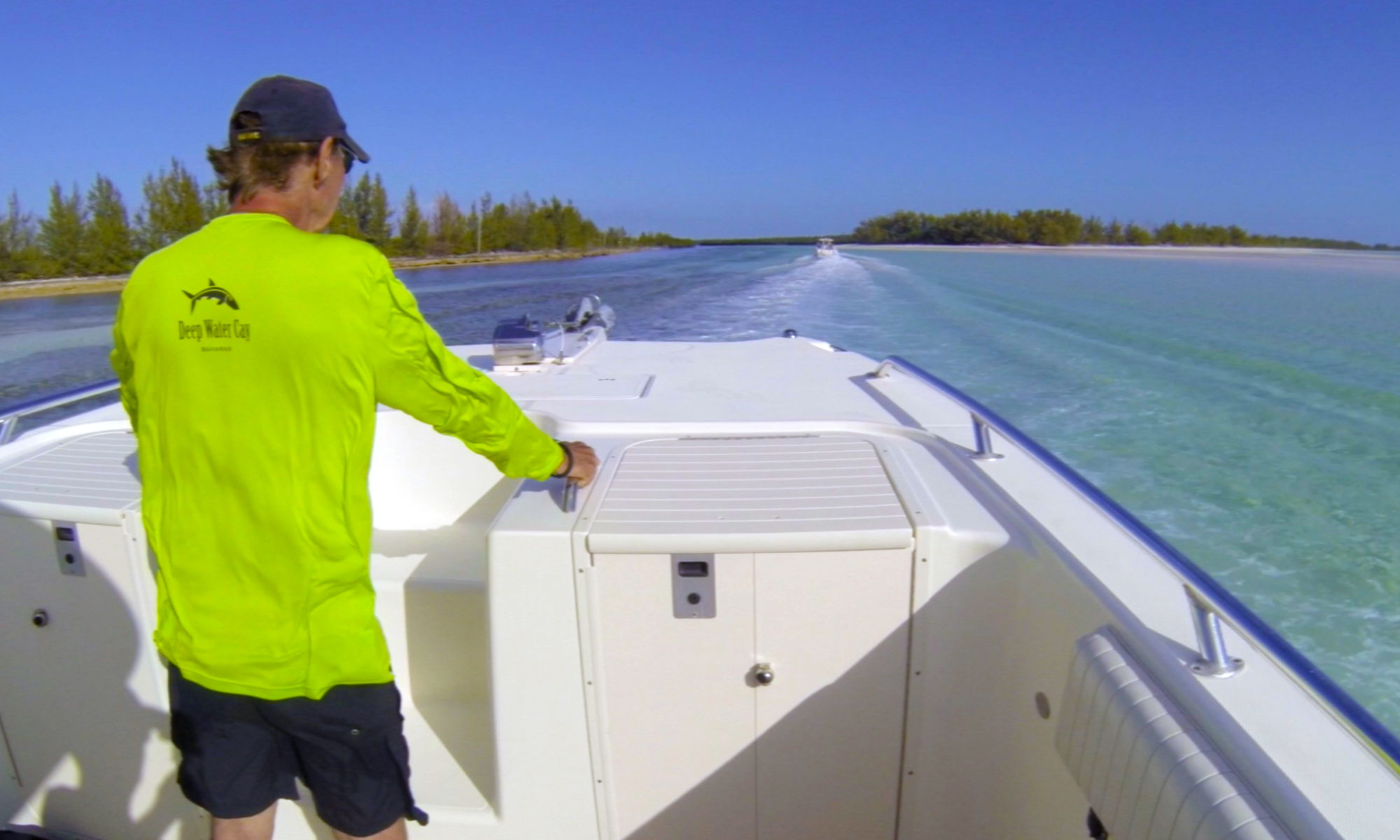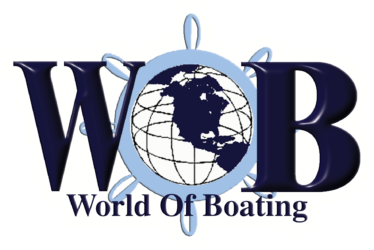Senator seeks sticker system for boat inspections
U.S. Sen. Charles Schumer, D-N.Y., recently asked the Coast Guard to meet with marine trade groups, boating safety advocates and local law enforcement officials to discuss the implementation of an official inspection sticker system that would better coordinate boater patrols on the Hudson River so boaters are not repeatedly stopped.
Creating a sticker system that all levels of law enforcement recognize has the support of the boating community, and several Hudson Valley law enforcement agencies have expressed a willingness to participate, Schumer said.
He noted that not only will the use of a widely recognized inspection sticker minimize hassle for boaters, but it also would free up law enforcement officials and allow their positive influence to be spread more widely throughout the community.
“With spring boating season fast approaching, it is time to jump-start an official boat inspection sticker program, which will help prevent repeated boat stoppages on the Hudson River, which are as annoying as they are inefficient,” Schumer said in a statement. ”I am urging the Coast Guard to take the lead on this important initiative by coordinating a meeting with state and local authorities, as well as boater trade and advocacy groups, so that this coordinated inspection program can get off the ground.”
Rather than screen one boat six times, we need to develop a program to screen six boats once, he added.
Schumer is urging the Coast Guard to meet with stakeholders this month.
Last summer, he sent a letter to Coast Guard Commandant Admiral Robert Papp after a series of media reports documented concerns about a lack of coordination among federal agencies that resulted in recreational boaters being stopped multiple times by different agencies on the same day.
Our view from the helm: To be blunt the placement of an inspection sticker on a vessel should not take the place of law enforcement. To us this would be no different than putting a Police Benevolant Association sticker on your car bumper and expect that it will give you immunity from being pulled over by the police. Part of living in a free society is that we have rules and regulations and in a post 9/11 world this is just something that we'll have to put up with.
Instead of a sticker system it would seem to us that communication among the different law enforcement agencies patrolling the waterways would be a more logical place to start. If a vessel is pulled over and inspected a description of the vessel including the registration numbers could be broadcast to all patrolling agencies and barring that vessel or the people on it doing something hazardous, it could then be left alone.



I agree with the “View from the Helm”. As with any good idea proposed by governement the actual implementation will only result in an added cost (pay for sticker) and a need to have a whole new group of gov’t workers to administer the program. The net effect would be an inefficient system that simply waste tax dollars.
That being said, it would be nice to find a way to limit the occasions where vessels are stopped multiple times by multiple agencies. Police departments and enforcmenet agencies across North America already have a centralized database which they can consult, and review the complete history of an individuals interactions with the police; whether they have been arrested, been stopped for speeding, assisted in helping accident vistims etc. Why then can this same approach not be used for boaters. By using unique identifiers such as the vessel registration and well as the operator/owner name enforcmeent officers would be able to identifiy whether the individual/vessel has recently been stopped, what actions were taken, and whether there is a need to re-check the vessel.
An approach as described above would not only assist in a better utilization of enforcement resources but would also allow for a more robust application of the laws. For instance, if a boat is stopped by the harbour police for speed infractions, and givien a warning, this information can be entered into a central database so, when the Coast Guard stops that same craft the next weekend for the same reason, they know that the operator has already been warned and thus, they can not only issue the neccesary penalty but also support their actions.
Whatever the final approach is the goal must be to develop/improve the syetm so that the 90% of boaters that play within the rules do not occupy 90% of the enforcement agencies resources.